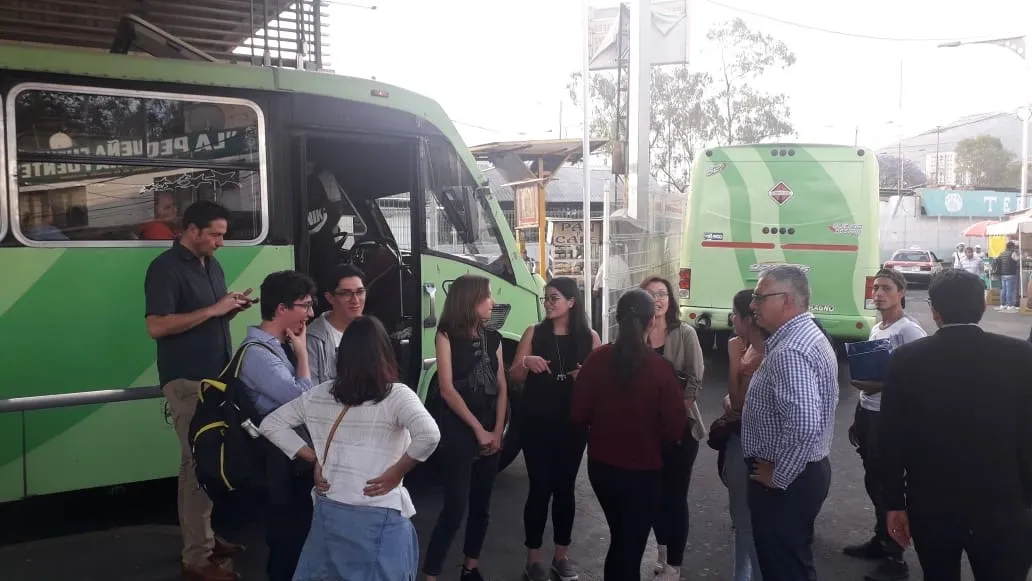
As public transport shut down or are reduced in the world's emerging markets due to coronavirus, 'informal' public transport networks have demonstrated their flexibility, says one mobility expert.
Devin de Vries, CEO of WhereIsMyTransport, a company which maps mobility data for the emerging world’s largest low- and middle-income cities, says that each week five billion commuters use these services to get around.
"Vehicles go by different names – minibus taxis in South Africa, matatus in Kenya, peseros in Mexico – but typically take the form of 16-passenger vans running along semi-flexible routes," he explains.
Subsidised public transport was cut back in South Africa as part of the Covid-19 lockdown, for example.
"Governments only have these options because informal public transport networks are so flexible and resilient," he says.
"Developed-world cities can shut down metro stations and cut back bus service in part because they can count on private vehicles, taxis or ride hailing services to fill the gap for essential workers."
For emerging market megacities, he suggests that informal transport plays a similar role: "With comprehensive networks and no route cuts, informal transport keeps essential services running."
De Vries says that minibus passengers in Mexico City during the pandemic have even reported shorter travel times - despite there being fewer vehicles per route.
Governments could help improve matters post-coronavirus by prioritising informal public transport "to make it work better", he believes.
Read the full article in the July/August edition of ITS International









